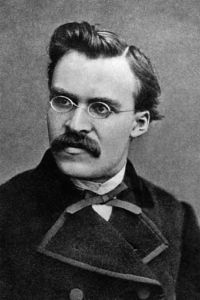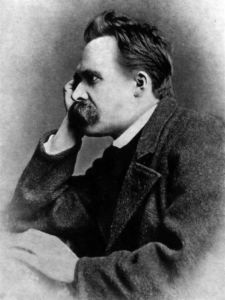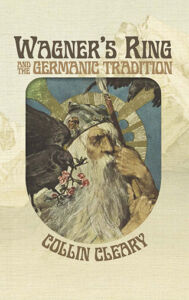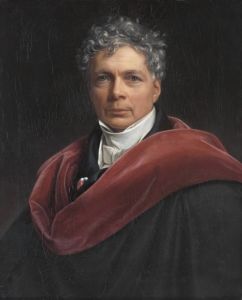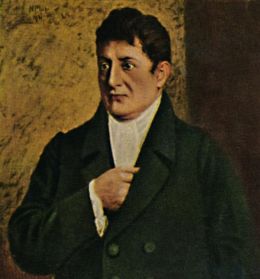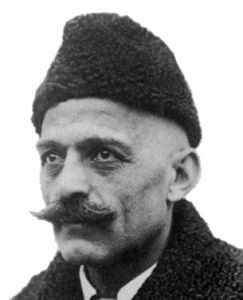1,577 words
We are not exactly sure when George Ivanovich Gurdjieff arrived on this Earth, but it was probably January 13, around 1866. He was born in Alexandropol, then part of the Russian Empire, to a Greek father (an ashik or singer-poet) and an Armenian mother. As a young man, Gurdjieff travelled through the Middle East and Central Asia for around 20 years, searching for enlightenment. (more…)

